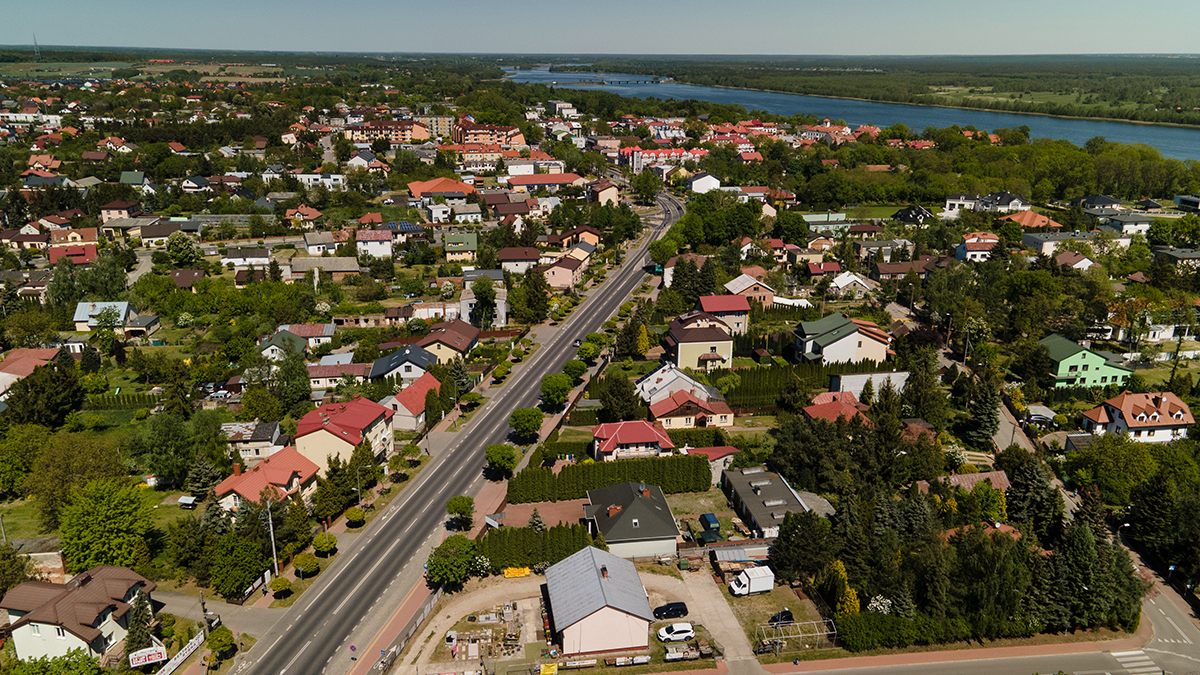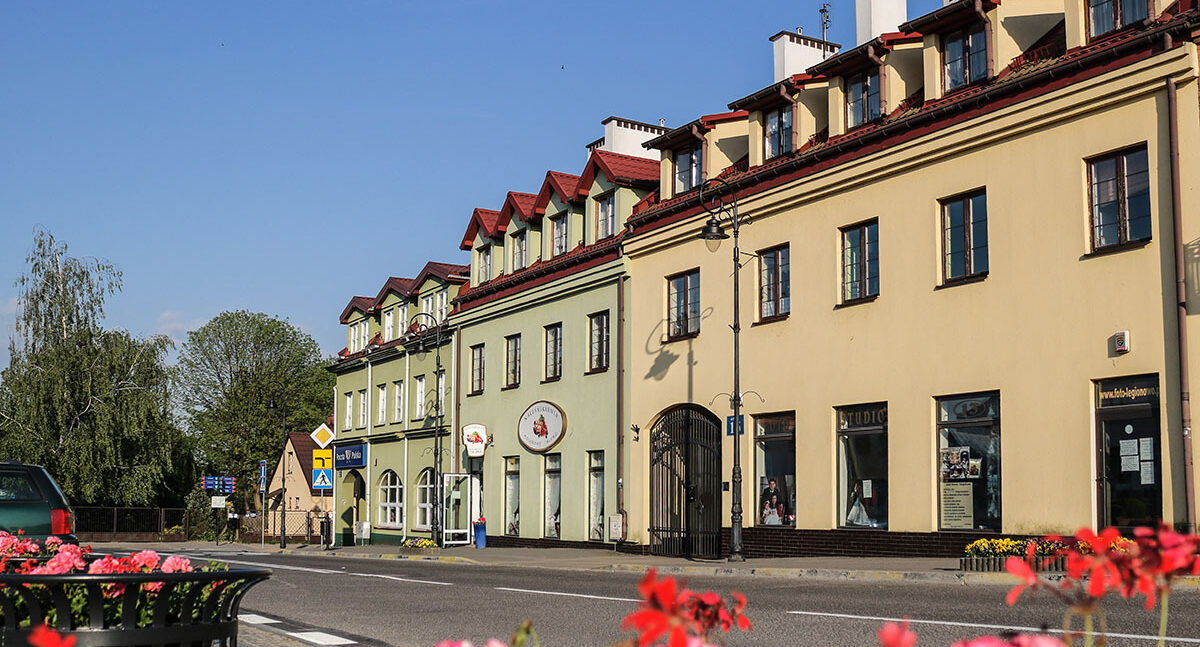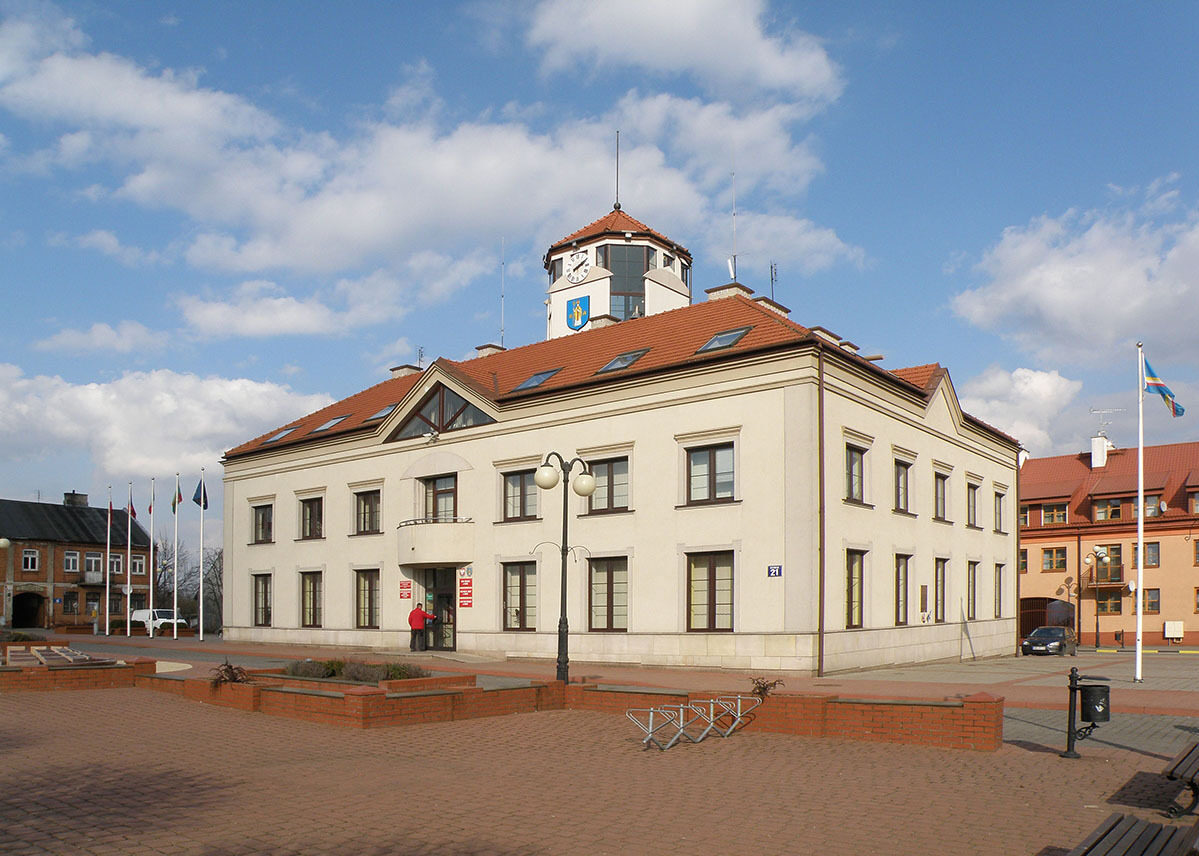Stories
January success story: Paving the way for community energy in Poland
Community energy is key to action on the climate crisis. It can empower people, boost local economies, and reinvigorate communities. Community-led initiatives play an important part in the transition towards a 100% renewable and just energy future. Success stories of community energy projects can be found all over Europe. At REScoop.eu we want to highlight these stories to further accelerate the movement towards a cleaner and democratic system.
This month we travel to Serock, a small town in Poland, where one of the country’s first energy cooperatives is taking its first steps and trying to demonstrate the benefits of community energy to other citizens.
Sharing solar energy in Serock
The development of energy cooperatives across Europe is not happening at the same pace everywhere. While community energy initiatives are common in Northern and Western European countries, it is hard to find examples in Central and Eastern Europe. With only a few energy cooperatives on its territory, Poland has always been at the bottom of the list. In recent years, however, a few projects have flourished – hopefully inspiring many others.
Due to its size and development stage, Sunny Serock is the most remarkable one. This energy cooperative based in Serock, a town of 4,000 inhabitants in the north of Warsaw, is about to build a 450kW solar power plant that will start producing energy in summer. The project was launched in 2021 by 30 citizens. Today, they are more than 60 members working together to reduce their energy bills and achieve energy independence and self-sufficiency. Members will get free access to the electricity produced by the solar panels, but will have to contribute to their maintenance costs.

A complicated landscape for energy communities
Establishing an energy cooperative in Poland comes with some challenges, and Sunny Serock was no exception. Their biggest obstacle was obtaining the license to build the solar park on the former municipal landfill site. According to Jakub Szymański, the general manager of Sunny Serock, this location is perfect because “it brings the field back to the citizens of Serock” and it has the approval of the city council. However, Polish law doesn’t allow construction on top of landfills in the first 50 years after their closure, so the cooperative had to apply for a number of permits and carry out several tests before getting the building permit.

As community energy is not common in the country, grid connection is also a challenge. Traditional energy companies and grid operators are not familiar with the concept of community energy. They need to learn more about what energy communities are and how the legal framework defines their relationship with the grid, Jakub explains. In the case of Sunny Serock, the municipality is acting as an intermediary with the grid operator.
In Poland, cooperatives are not allowed to sell energy, so surplus production must be fed into the grid. The cooperative is allowed to use 60% of the amount fed in over the next 12 months – the remaining 40% the grid operator keeps for free. Sunny Serock hopes that the law will change soon to be able to gain revenues and become more financially sustainable. As detailed in our transposition tracker, Poland has only partially transposed the EU provisions on energy communities. When the government transposes them appropriately, the conditions for community energy will be more favourable.
A lighthouse example
Legislative changes are needed in Poland, but Jakub believes that lighthouse examples can really make a difference in the community energy landscape in the country as they can inspire others. In this context, he acknowledges the leading role of Sunny Serock:
“We are now exploring the framework in Poland and many people are looking at us. We need good practices; we need to see with our own eyes that we are able to create energy cooperatives and benefit from them. Depending on the future results of initiatives like Sunny Serock, community energy has a chance to develop much faster and attract more people.”

The key role of the local government
Serock city council has played a key role in the development of the energy cooperative. The municipality supported the admin process to obtain the building permit and leases the landfill site to the cooperative free of charge (for a still undetermined start-up period) and it also provides a space to hold meetings and helps with administrative procedures.
The municipality promoted the creation of the cooperative thanks to the organisation of a series of workshops where experts explained the benefits of community energy to citizens. The municipality itself is a proud member of the Serock energy cooperative.
Collaboration between citizens and local authorities is common in community energy projects and there are many successful examples in Europe. From a municipality’s perspective, energy communities can help improve the quality of the environment and allow citizens to consume cheap and clean energy produced locally. To help local governments move from ideas to action, the SCCALE 203050 project has launched a guide that presents different ways municipalities can work with their residents to kickstart and support community energy projects. The guide describes more than 40 examples from across Europe, including Sunny Serock.

The cooperative expects to receive some support from the Polish national government too in the upcoming months through a new funding programme for energy communities just launched.
A sunny future for Sunny Serock
Thinking about the future, Jakub is cautious, acknowledging that the cooperative is a new actor in the electricity market in Poland and they have yet to test the simulations they have done. But if everything works as planned, they will build a second PV installation on the same landfill – the first one taking up only half of the available space. “People from Serock are waiting for the launch of the project and new installations, and there is interest from new people to join the cooperative”, concludes Jakub.